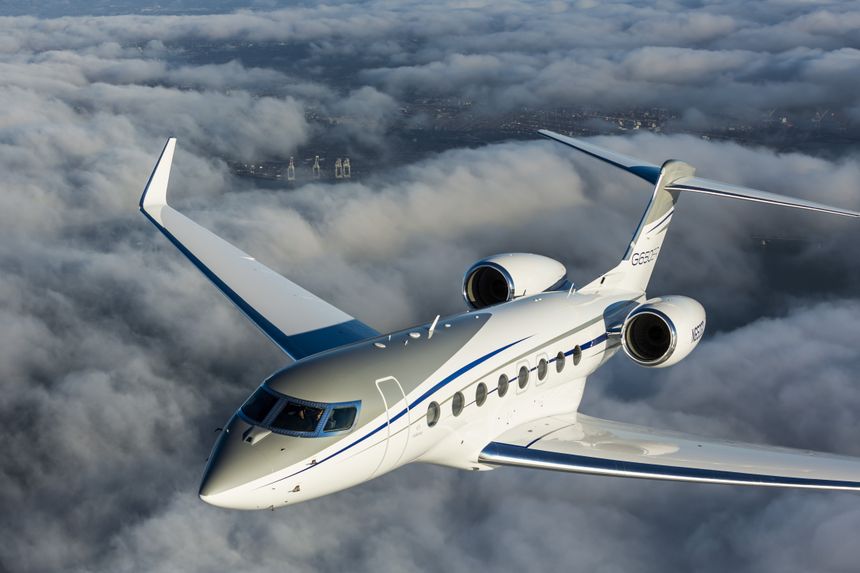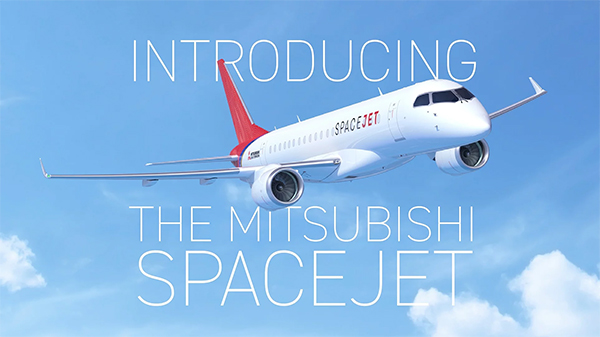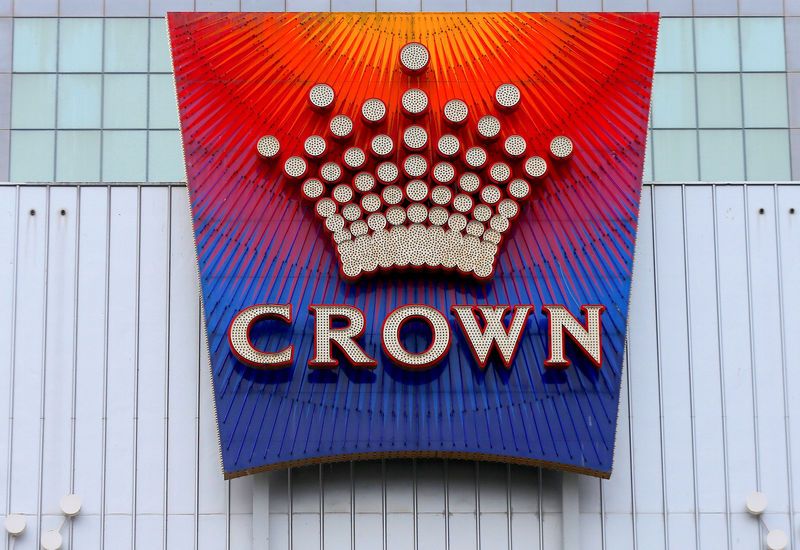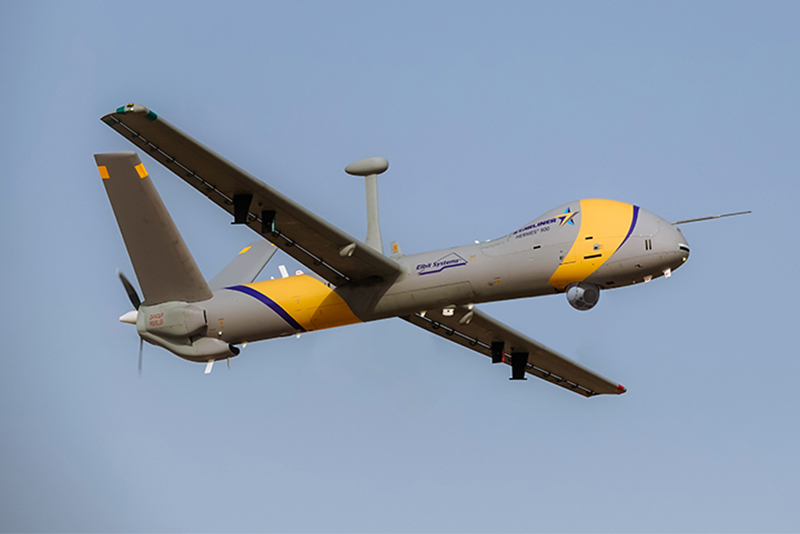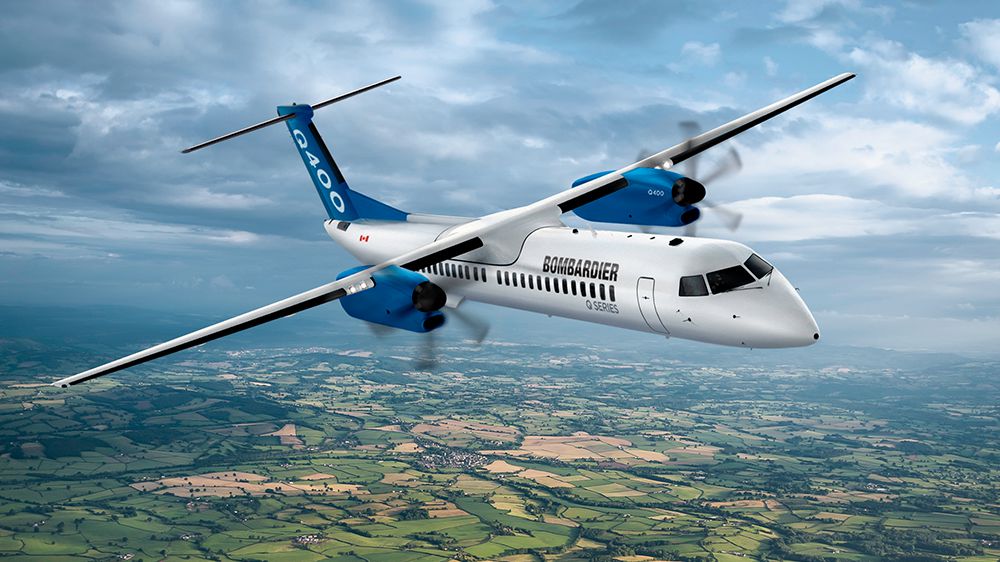After a long period of intensive and very professionally conducted negotiations, the “Kommunalförbundet Svenskt Ambulansflyg” (KSA) has opted for six Pilatus PC-24s in a fully equipped air ambulance configuration. These PC-24s will provide aeromedical care across Sweden from 2021.
KSA is a national organisation formed, mutually owned and financed by all 21 regions in Sweden. The regions are responsible for ensuring that everyone living in Sweden has equal access to good healthcare. Time is the essence for patients in an emergency and given the vastness of Sweden, the establishment of a national air ambulance service provides all residents with access to rapid, professional aeromedical care. Combining the speed of a jet with the ability to use short runways – one of the great strengths of the PC-24 – the Super Versatile Jet from Pilatus is the ideal aircraft for KSA.
Professional selection process
Following an extremely intensive selection process, Pilatus was naturally extremely pleased with the award of the contract for delivery of six PC-24s. The aircraft are scheduled for delivery to KSA in 2021.
Oscar J. Schwenk, Chairman of Pilatus, commented as follows: “I’m delighted to see the first air ambulance organisation in Europe opt to buy the PC-24. The highly professional selection process confirmed that the PC-24 is indeed the perfect aircraft for medevac missions. I’m also particularly happy that we managed to carry the day with our Swiss aircraft in a highly competitive market segment. We see further worldwide market potential for our PC-24 in this area.”
A successful cooperation will be ensured
Annika Tännström, Chairman of KSA, commented as follows: “We are very pleased to be able to announce that we have completed our procurement of air ambulance aircraft, and to award Pilatus the contract. The fleet of PC-24 aircraft will allow us to fulfil the needs of all regions in Sweden in terms of air ambulance transports. We look forward to deliveries in 2021!”
Andreas Eriksson, CEO of KSA, added: “By signing the contract with Pilatus today, Svenskt Ambulansflyg has passed a major milestone on the way towards establishing a national air ambulance with start of operations in 2021. The performance and capacity of the PC-24 combined with the spacious and easily re-configurable emergency medical service equipped cabin will allow us to conduct the required air ambulance missions safely and efficiently. We look forward to a close and successful cooperation with Pilatus.”
About the Medevac PC-24
The outstanding flexibility of the PC-24 opens up many possibilities for deployment of this aircraft on Medevac missions. The spacious cabin can accommodate up to three patients plus medical personnel. The large cargo door also facilitates rapid loading and unloading of patients. These characteristics, plus the PC-24’s capacity to use short runways, make it the ideal aircraft for all our Medevac missions. KSA is the second public sector organisation after the Royal Flying Doctor Service of Australia to use the PC-24 as an ambulance aircraft. The Super Versatile Jets operated by KSA will fly a total of around 6,000 hours a year on rescue missions.


